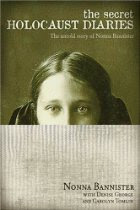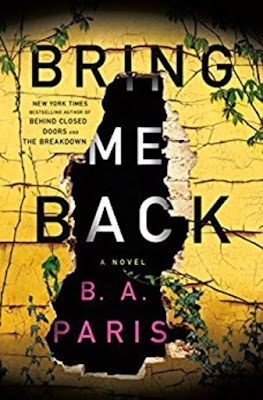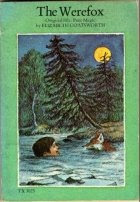112. The Secret Holocaust Diaries: The Untold Story of Nonna Bannister

The Secret Holocaust Diaries: The Untold Story of Nonna Bannister by Nonna Bannister with Denise George and Carolyn Tomlin
Pages: 299
Ages: 18+
Finished: June 20, 2009
First Published: March 24, 2009
Genre: non-fiction, memoir
Rating: 3/5
First sentence:
I have now decided that the time has come when I must share my life story -- not only with my loving family, but perhaps with all those who are interested to know about what life was like for many of us on the other side of the world before and during World War II.
Reason for Reading: I am always interested in reading survivors' memoirs of the Holocaust. I received a review copy through Library Thing's ER Program.
Comments: Nonna Lisowskaja Bannister, a Russian girl, lived through the Holocaust caught when the Germans invaded her city. She kept diaries from her childhood through the war up until the time she arrived in America in 1950 to start a new life. She never told a soul, not ever her husband or children, what happened to her during those war years. Then one day about 10 years before she died in her eighties she told her husband it was time and she took him up to the attic and showed him all the letters, memorabilia, photos and diaries (which she had written in several languages). She also showed him that she had been spending her time over the years transcribing her diaries into English and was finished as she pulled out stacks of yellow legal sized writing pads for him to read. She wanted her story told to the rest of the family and perhaps published but not until her death. And now that she has passed ... here is her story.
Nonna was born and raised Russian Orthodox. She was a believer her entire life and became a Baptist later on in her new American life. She occasionally writes of her religion but no more so than anyone else's memoir might. However, the book is published by a Christian publisher, Tyndale, and does contain Christian content in the editorial comments.
Nonna goes right back to her childhood years and spends a great portion of the book describing life in Russia during the 1930s. Her father's main goal in life was to get them out of Russia to a better place but he was never able to obtain permission through any channels he tried. Once the Germans invade her city it doesn't take long for various reasons that her brother and father are gone leaving her and her mother alone to fend for themselves. They spend their time going from one Nazi prison work camp to another until they end up working in a Catholic hospital because of Nonna's language skills. This at first seems a God-send but tragedy is not far behind. During this whole time they experience the brutality of the Nazis firsthand but even worse than that, they see with their own eyes the unimaginable horrors inflicted upon the Jewish people. When Nonna finally arrives in America in 1950, as far as she knows, she is the only living survivor of her entire family on both her maternal and paternal sides.
When Nonna transcribed her diaries she didn't just translate them word for word. Instead she, now being an elderly woman having lived the majority of her life in America, has mostly used the past tense to tell her story though she does occasionally tell a few stories in first person. The story is also in many places obviously being told through the eyes of her present mature self, reflecting upon the past rather than translating her childhood words as they appear on paper. Finally, we can tell that her American self has taken over the little Russian girl as she interjects American slang or American phrases quite frequently into her transcriptions.
The book contains a frequent editorial commentary running through the book. Some of this is used as reference points, historical explanations, background information, cultural explanations, etc and make for interesting reading. One thing that bugged me quite a bit though were the Christian comments. I myself am Christian but these comments felt very patronizing. Whenever Nonna or her mother, Anna, did a kind or brave deed, the comment would tell us how this act showed their Christian character shining through. Well, yes, it does. But I don't need someone telling me that every time, it felt rather grade school-ish.
Nonna has an interesting, powerful story to tell and it's a shame she kept it secret from her family. I think she would have found great solace in sharing it with her husband earlier and with her children when they had grown. Thankfully, she choose not to keep her secret forever and to share with the world so that her story would not be forgotten. For that I thank you, Nonna.
Follow me on Twitter!


This sounds interesting. I will have to add it to the list.
ReplyDeleteThis sounds fascinating and powerful, and I added it to my to-read list.
ReplyDeleteI hope it's okay that I linked to your review on War Through the Generations.
--Anna
Diary of an Eccentric